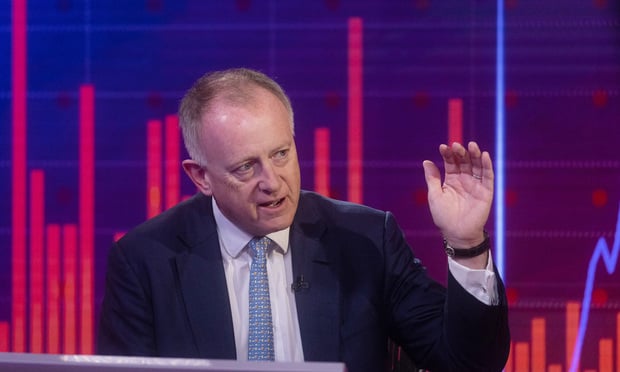The cost of using investor capital by property-casualty insurers has dropped from 15 percent in the 1980s to between 7- and 8 percent, according an analysis by Swiss Re.
The Zurich-based company said in its latest sigma study that the decline in costs was due to significantly lower risk-free interest rates, equity risk premium and percentage of equity invested assets.
Veronica Scotti, who wrote the study, said that the analysis also concluded that insurers who want to keep their share prices up should focus on good underwriting results and premium volume as opposed to investment gains.
Recommended For You
Want to continue reading?
Become a Free PropertyCasualty360 Digital Reader
Your access to unlimited PropertyCasualty360 content isn’t changing.
Once you are an ALM digital member, you’ll receive:
- Breaking insurance news and analysis, on-site and via our newsletters and custom alerts
- Weekly Insurance Speak podcast featuring exclusive interviews with industry leaders
- Educational webcasts, white papers, and ebooks from industry thought leaders
- Critical converage of the employee benefits and financial advisory markets on our other ALM sites, BenefitsPRO and ThinkAdvisor
Already have an account? Sign In Now
© 2025 ALM Global, LLC, All Rights Reserved. Request academic re-use from www.copyright.com. All other uses, submit a request to [email protected]. For more information visit Asset & Logo Licensing.








